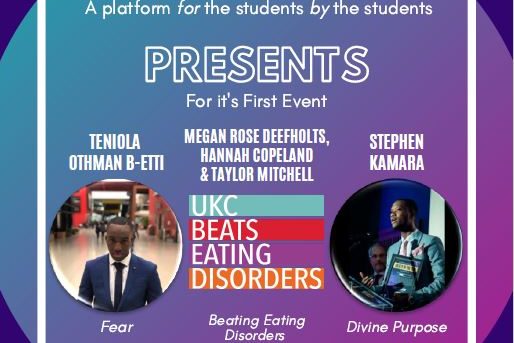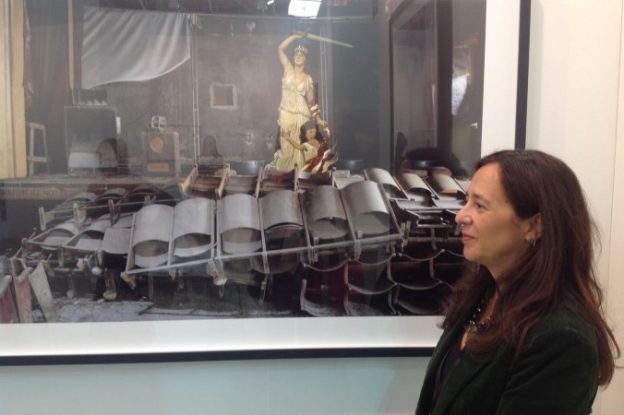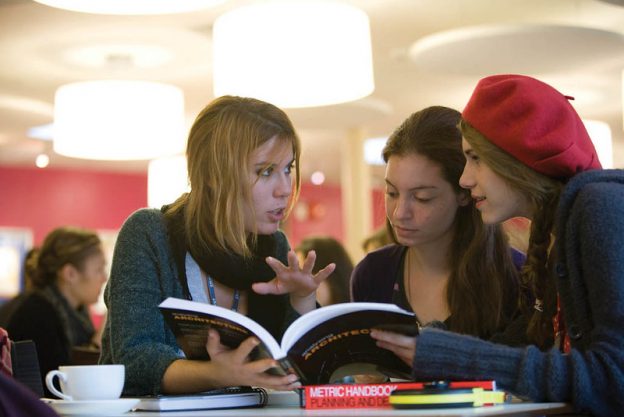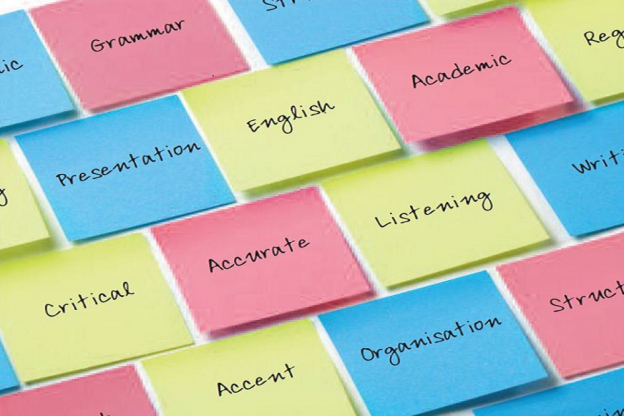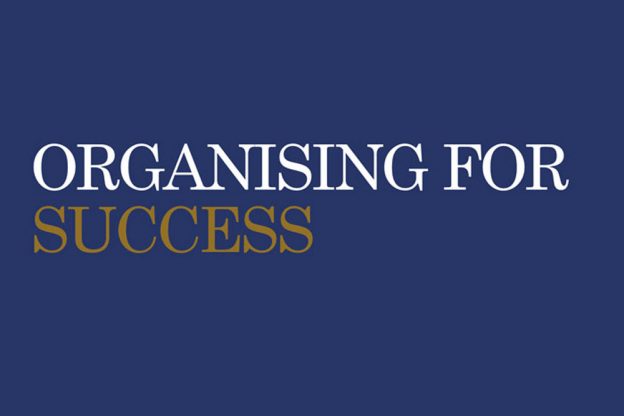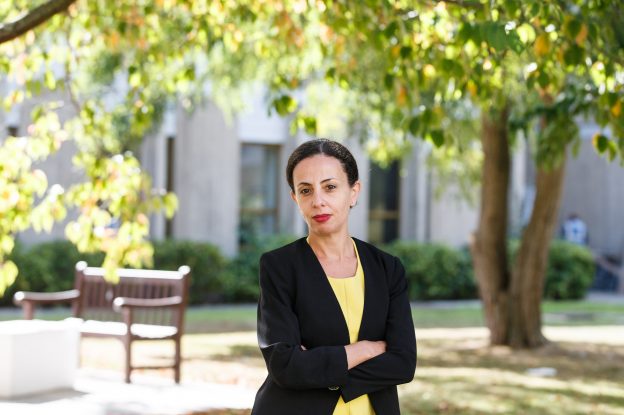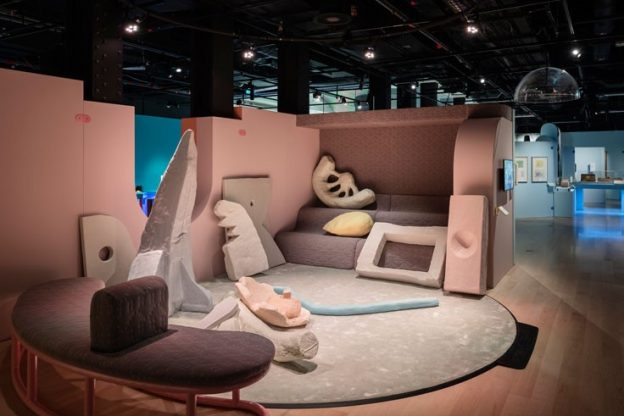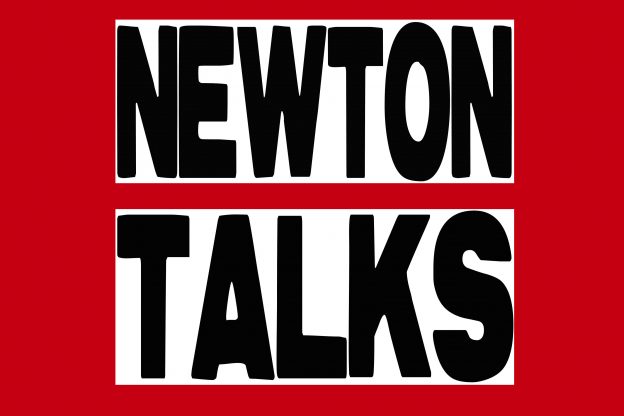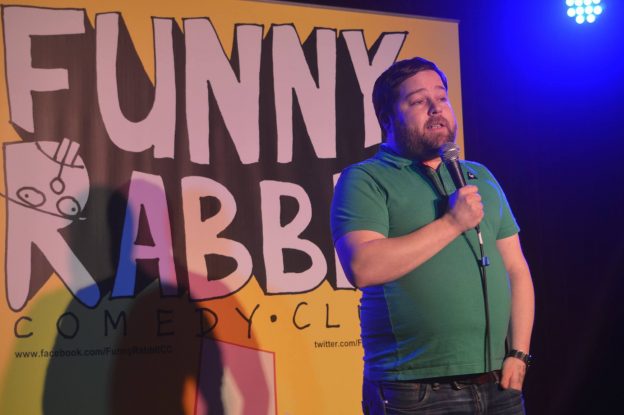Miray Has, a third year Biomedical Science student, and her team were successful with being awarded a Community Scholarship for a new project aimed to empower and uplift students of the University of Kent – Kent Talks.
At Kent Talks, the objective is to help enrich students by gaining knowledge on diverse subject matters that can be easily overlooked. Whether you are an undergraduate or a postgraduate, a bold public speaker or a nervous speaker, Kent Talks will provide you with the necessary guidance and support to become an orator on stage.
There will be four events throughout the academic year with three speeches taking place at each event. The Kent Talks platform ensures every individual within the university has access to a framework where they can talk about an interest or expertise, identify problems or simply share personal experiences that they believe others will benefit from.
The first event will be held on Monday 11 November at the Gulbenkian Theatre from 17.00-18.00. This is a great opportunity to collaborate with your friends all around campus, meet like-minded people and deepen your educational and social values.
If you have ever felt strongly about an issue or topic and wanted to raise awareness, then this is the perfect opportunity for you. All you need is a thirst to overcome barriers and a passion to continuously self-evolve. The project members will be here to prepare and mentor you for your upcoming talk.
Learn more about Kent Talks online or email Miray Has for more information.
